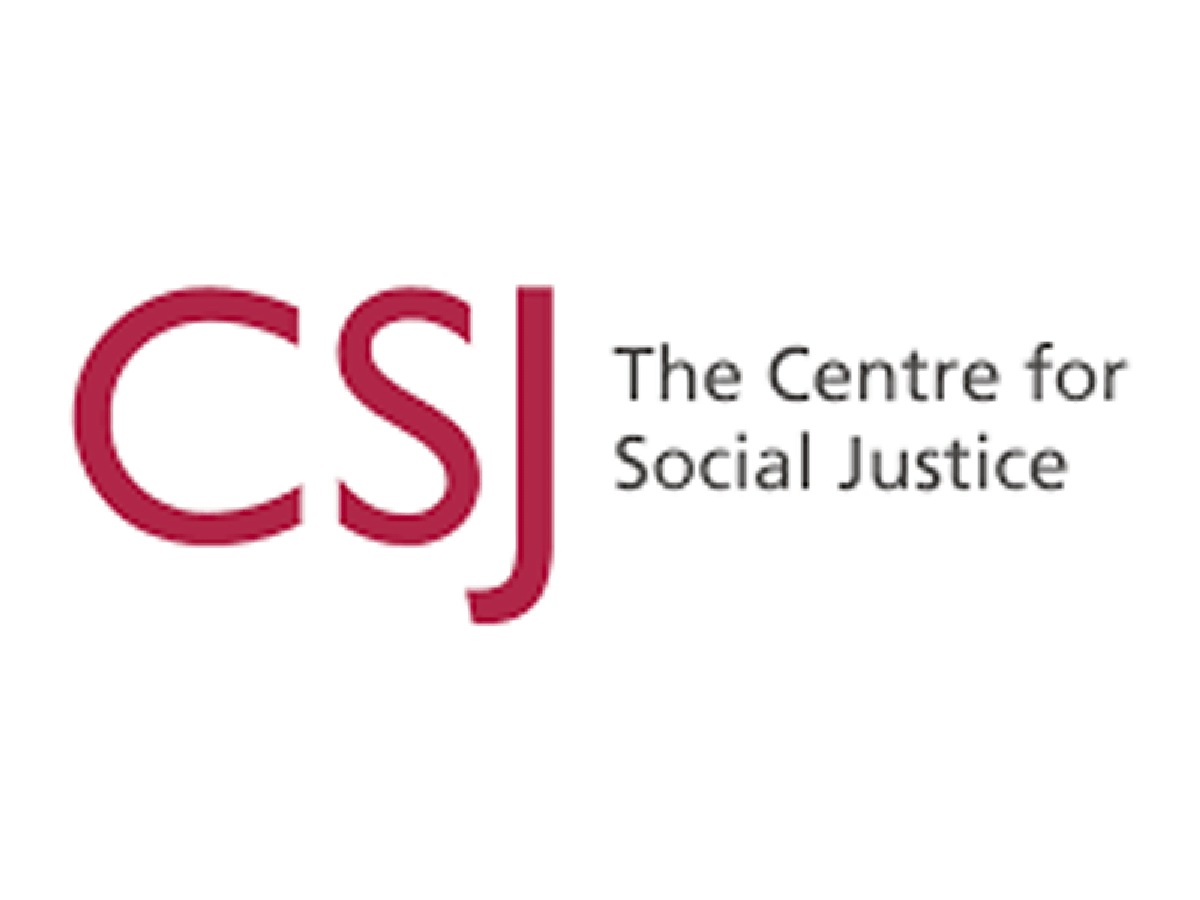The Centre for Social Justice (CSJ) has called for improved budget for gender-related issues in ministries, departments and agencies (MDAs) in order to reduce discrimination and other forms of violence against women.
The Lead Director of the CSJ, Eze Onyekpere, made the call on Monday in Abuja at a capacity building workshop on Budgeting for the Reduction of Gender-Based Violence (GBV) organized by CSJ with support from European Union through the British Council ACT programme.
- Corruption: Centre lauds Malami’s reforms, tracking of loots globally
- CSO tasks FG on access to justice through community-based channels
He said that the budget is discussed as an economic, political and human rights instrument and process which has the purpose of system maintenance, economic, regulatory and control functions and is very relevant for the redistribution of resources.
He also said that a gender transformative budgeting process is imperative for the reduction or eradication of GVB.
“Now, the overall aim and goal of this training is that it’s been quite a while that we’ve been discussing issues of gender-based violence, discrimination against women, but we have been discussing not from the stand point of trying to provide practical solutions and practical responses and we know that every law or policy requires resources to implement within the context of the policy, plan budget continue.
“So, for every policy and plan you have, you must put down money otherwise it will not be properly implemented. And we discovered that very little resources go to issues round gender discrimination and gender-based violence.
“Even the little resources that comes in, is not properly targeted, so, this workshop was to interact with MDAs, after producing the manual to say this is the best way we can count your request from the authorities because the resources are very scarce and limited, so government or whoever is taking decision must find a very cogent reason why he should put money into Gender Based Violence than for instance building a new road, and building schools.
“How do you present your budget request so that it can become imperative and compelling for the authorities to listen to you? So that is the thrust of the discussion we have been having over the last two days,” Onyekpere said.
He also said that government is already doing some tangible things but what is lacking is that they have not been sharpened and people are not working collectively on it.
Also speaking at the close of the workshop, Onyekpere said the training was scheduled to coincide within the period of the International Women’s Day (IWD), and that it has become necessary for government officials in gender-related units to present their budgets in a more convincing way.
He said, “For every policy and plan you have, you must put down money otherwise it will not be properly implemented. And we discovered that very little resources go to issues around gender discrimination and gender-based violence. Even the little resources that comes in, is not properly targeted.”

 Join Daily Trust WhatsApp Community For Quick Access To News and Happenings Around You.
Join Daily Trust WhatsApp Community For Quick Access To News and Happenings Around You.


